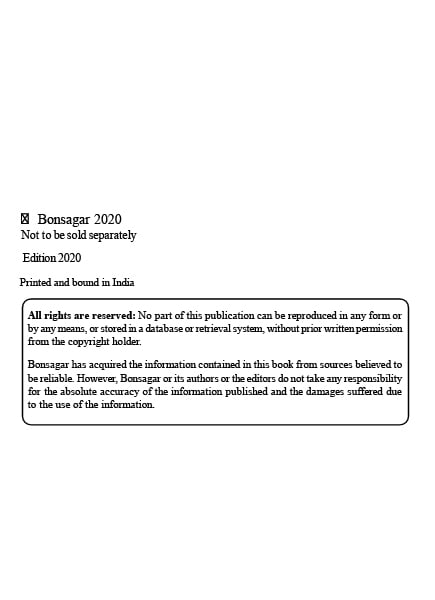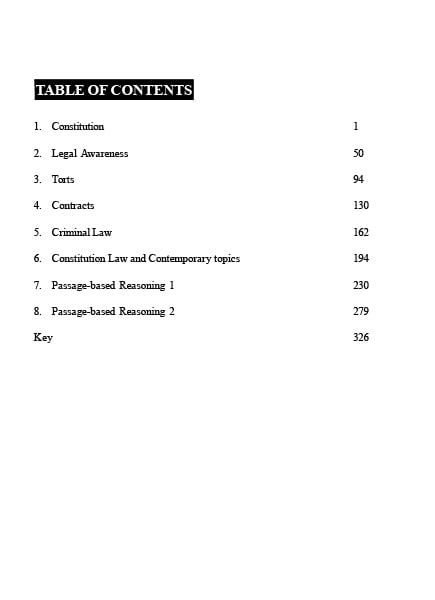CAT Exam Stress Management: Tips to Stay Calm and Focused During the Test
The Common Admission Test (CAT) is one of the most prestigious and competitive exams in India, and it often comes with a lot of pressure. The high expectations, vast syllabus, and intense competition can lead to stress, which may hinder your performance on exam day. Stress management is crucial for staying focused, maintaining clarity of thought, and performing at your best. In this guide, we’ll explore effective stress management techniques that can help you stay calm and focused during the CAT exam.
1. Pre-Exam Stress Management: Preparation is Key
Effective preparation is the cornerstone of managing stress before the CAT exam. When you plan and study systematically, you build confidence and control over the exam, reducing anxiety. One of the best ways to manage pre-exam stress is to start early. Starting your preparation in advance allows you to break down the syllabus into smaller, manageable parts, preventing the need for last-minute cramming, which can be a significant source of stress. Alongside early preparation, simulating exam conditions by regularly taking mock tests is crucial. This not only helps you get used to the time constraints and exam format but also builds the stamina needed for the actual exam. Additionally, it is important to focus on both your strengths and weaknesses. Allocate more time to areas where you are weak, but don’t neglect your strong points. A balanced approach ensures you feel confident about all sections of the exam. Setting clear, realistic goals for each study session can also help keep you on track, and breaking down tasks into smaller chunks will give you a sense of accomplishment as you complete each one.
2. Physical Well-being: A Strong Body for a Strong Mind
Managing stress isn’t just about mental preparation; physical well-being also plays an important role in staying calm and focused. Getting enough sleep is one of the most effective ways to manage stress. Sleep helps consolidate memory and improve concentration, so aim for 7-8 hours of quality rest, particularly in the final days before the exam. Avoid staying up late, as it can leave you fatigued and less focused. Regular physical exercise is another key factor in managing stress. Physical activity, whether it’s yoga, running, or even a simple walk, releases endorphins that act as natural stress relievers. It also helps improve mental clarity and reduces tension. Alongside exercise, maintaining a balanced diet is crucial. Avoid excessive caffeine, sugar, and junk food, as these can cause energy crashes or spikes in anxiety. Opt for whole grains, fruits, vegetables, and lean proteins to keep your energy levels steady and your mind sharp. Staying hydrated is equally important, as dehydration can impair cognitive function and lead to irritability. Drinking plenty of water throughout the day will help keep you energized and focused during your study sessions and the exam.
3. Mental Well-being: Staying Calm Under Pressure
Mental clarity and emotional resilience are essential when it comes to managing stress during high-pressure situations like the CAT exam. Practicing mindfulness and relaxation techniques such as deep breathing, meditation, or simple relaxation exercises can help calm your nerves. Deep breathing techniques are particularly helpful in reducing anxiety and restoring focus. Try inhaling slowly for a count of four, holding for four, and exhaling for four. A few minutes of deep breathing can help you regain control over your nerves and approach the exam with a clear mind. Visualization is another powerful technique to manage stress and build confidence. Before the exam, spend a few minutes each day visualizing yourself walking into the exam room with confidence, answering questions smoothly, and completing the test successfully. Positive visualization can help reduce negative thinking and foster a sense of self-belief. Additionally, keeping a stress journal can be an effective way to release pent-up anxiety. Writing down your worries and concerns allows you to express your feelings and gain perspective, helping to reduce overall stress levels.
4. Time Management During the Exam
Time management is critical to reducing stress during the CAT exam. The better you manage your time, the more in control you’ll feel and the less overwhelmed you will be. The first step in managing time effectively is familiarizing yourself with the exam pattern. Understanding the format of the exam and knowing how much time is allocated to each section—Verbal Ability and Reading Comprehension (VARC), Data Interpretation and Logical Reasoning (DILR), and Quantitative Ability (QA)—allows you to plan how to divide your time effectively. Deciding which section to attempt first is also important. Many candidates prefer starting with their strongest section to build confidence, but make sure you don’t spend too much time on any one section, leaving others neglected. If you’re unsure about an answer, don’t overthink it. Focus on solving the questions you know well first, and leave the more difficult ones for later. If you get stuck on a question, it’s important to stay calm. Take a deep breath, move on to the next question, and come back to the difficult one later. The process of elimination can also be useful in saving time. When faced with an uncertain answer, ruling out clearly incorrect options increases your chances of selecting the right one without wasting too much time.
5. Exam Day Stress Management: Stay Cool and Collected
When the day of the exam arrives, staying calm and collected is essential for performing your best. Arriving early at the exam center will help you avoid last-minute stress. Giving yourself enough time to settle in and get comfortable with your surroundings before the test begins can set a positive tone for the rest of the exam. Just before the exam starts, take a few moments to breathe deeply and center yourself. This will help you enter the exam with a calm, focused mindset. During the exam, it’s important to avoid comparing yourself to others. Everyone has their own pace and strategy, so focusing on your own performance will help you stay grounded and prevent unnecessary stress. After the exam, resist the urge to dwell on mistakes or overanalyze your performance. Instead of ruminating on what could have gone wrong, focus on the positive aspects of your performance. Remember that the CAT is just one step in your larger journey, and it doesn’t define your entire future.
Conclusion
Managing stress effectively is crucial for performing well in the CAT exam. By preparing methodically, maintaining a healthy body and mind, managing time efficiently during the exam, and staying calm on test day, you can reduce anxiety and boost your performance. Stress is a natural part of any competitive exam, but with the right strategies, you can stay focused, confident, and poised to tackle the CAT with success.




